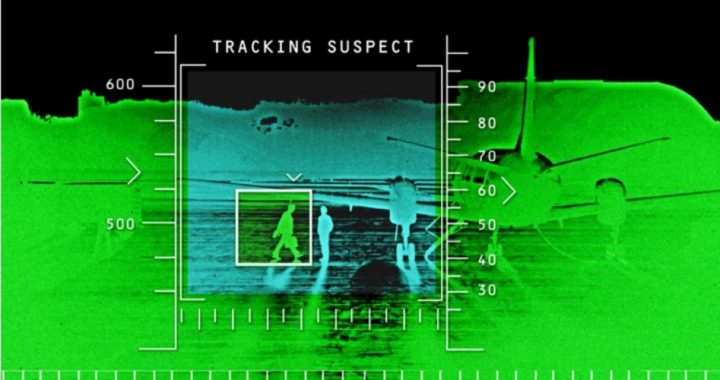
The Washington Post published a story about how the NSA’s mission was to spy on every American, in their words to “collect it all,” and then ran an op-ed the next day defending the surveillance state.
The Washington Post ran a lengthy profile of NSA Director Keith B. Alexander on July 14, summarizing Alexander’s philosophy with the phrase, “Collect it all.” A July 15 op-ed by Washington Post editorial writer Charles Lane suggested that “the United States needs to engage in data collection on a wide scale, both at home and abroad.”
The original NSA profile piece explained the origins of Alexander’s unconstitutional surveillance state during the Iraq War, explaining that it began as an attempt to gather war-related intelligence from foreigners: “The NSA director, Gen. Keith B. Alexander, wanted more than mere snippets. He wanted everything: Every Iraqi text message, phone call and e-mail that could be vacuumed up by the agency’s powerful computers.”
Alexander, the director of the NSA since 2005, was also appointed head of the U.S. Cyber Command in 2010, giving him responsibility for defense of U.S. domestic computers from hacking and cyber warfare. In other words, it gave the former Army general cover to spy on Americans. The Washington Post summed up Alexander’s view of intelligence, in the words of an anonymous intelligence official, this way: “Rather than look for a single needle in the haystack, his approach was, ‘Let’s collect the whole haystack…. Collect it all, tag it, store it…. And whatever it is you want, you go searching for it.” The Post also quoted whistleblower and former NSA official Thomas Drake that the NSA policy is a “complete evisceration of our civil liberties.”
And the Washington Post has no problem with that complete evisceration of our civil liberties. Lane says that America can afford a Stasi-like spy agency because:
No party holds or plausibly aspires to a monopoly on power in this country, with its centuries-old constitutional separation of powers, two-party system, free press, private sector and robust civil society. Many fault the Foreign Intelligence Surveillance Court as a pawn of the NSA, forgetting that it was one of many reforms Americans instituted in the 1970s to correct previous intelligence abuses — and how rare it is for any nation to subject intelligence-gathering to even minimal judicial oversight.
Lane takes comfort in the belief that American politicians would never take advantage of this powerful information: “The methods of surveillance and intelligence-gathering — bribery, blackmail, wiretapping, infiltration and the rest — are not normal tools of democratic governance.” But, of course, the NSA surveillance is a new tool, and just because there is no public evidence that it has been abused for political or criminal purposes thus far doesn’t mean it won’t be used that way in the future. And abuses need not be committed only on the policy level. The Edward Snowden revelations of the PRISM program reveal that government no longer can control this information from rogue agents.
But the reality is that bribery and blackmail have not been the regular tools of American governance precisely because surveillance has been banned by our Constitution’s Bill of Rights, specifically the Fourth Amendment’s prohibition of searches without a judicial search warrant, probable cause, and specificity. In essence, Lane takes comfort in America’s system of checks and balances even as he cheers on the jettisoning of those checks and balances.
Abandonment of constitutional restrictions on the surveillance state is often the first step toward a dictatorship; but it’s never the last step.



